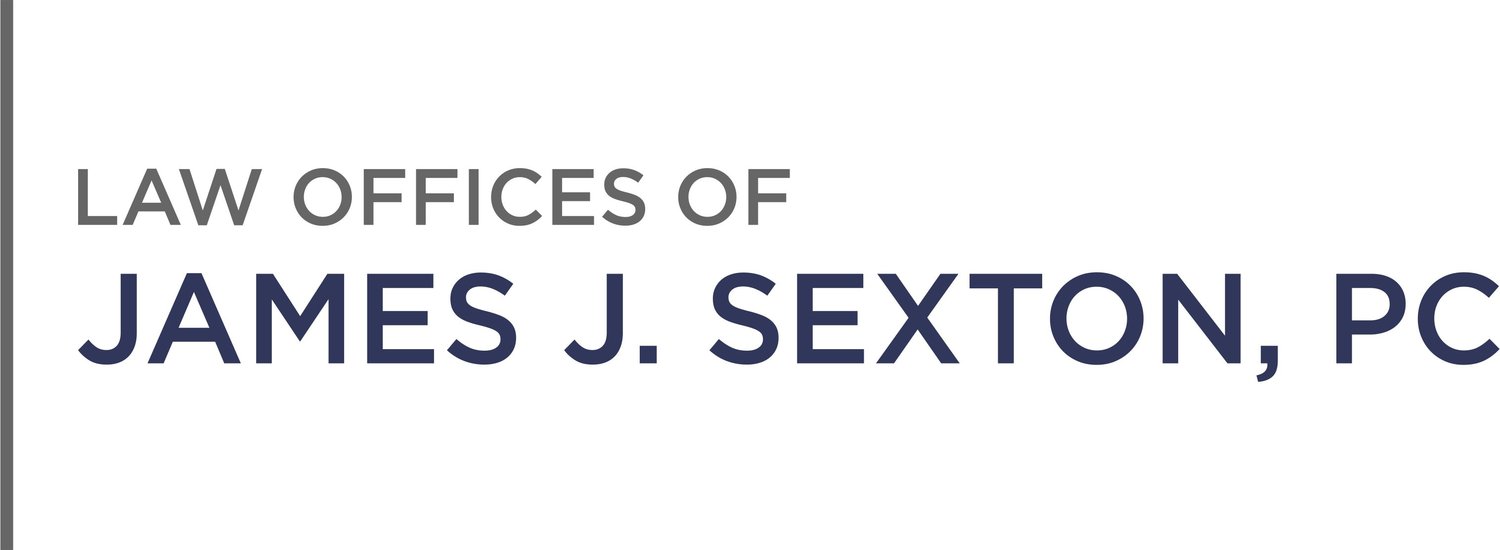Don't Miss This Netflix Divorce Documentary
/There’s no shortage of stuff to watch right now. We might as well have all our mail forwarded to Shondaland, right? With dozens of new shows plus the old ones starting again, keeping up is beginning to feel like a part-time job. I don’t want to add to your already full list, but I’d be remiss if I didn’t bring your attention to an interesting documentary streaming on Netflix right now.
It’s called Divorce Corp and it explores the state of the American divorce process and family court system, questioning who’s really profiting and why. It’s by no means a perfect documentary, but it asks some thought-provoking questions. It ponders whether hiring a higher priced (thereby theoretically “better”) lawyer ups a client’s chances of getting what they want out of a divorce. It delves into why divorces can end up costing so much and take so long (hint: it might be so lawyers can make it rain and send their kids to fancy summer camp). It explores the financial incentive to fight over custody, as custody isn’t only about kids, it’s also about money. It looks at the prevalence of cases in which the legal fees end up being higher than the amount of money the couple is fighting over. In a nutshell, it’s out to prove all those divorce lawyer stereotypes might be true.
For contrast, the filmmakers go to Scandinavia where of course everything is better. In the land of ABBA divorces cost nothing — literally nothing, except for maybe the cost of one stamp. Assets are split evenly, but the future is separate, meaning there is no alimony/maintenance. Child support is a fixed monthly amount. There are no lengthy battles, no long drawn out fights over the future and no divorce lawyers, thus proving everything is better in Scandinavia. Except maybe the food. Have you heard of fudge cheese? It’s horrifying.
Whether you’re muddling through a divorce right now or interested in all the wacky ways the American court system is failing us, I say give it a stream. Here’s the trailer:
Let me know what you think! I think it asks some interesting questions, highlights how some lawyers and judges abuse the system and may help people hire more ethical lawyers. Do you agree?
Respectfully,
James J. Sexton


